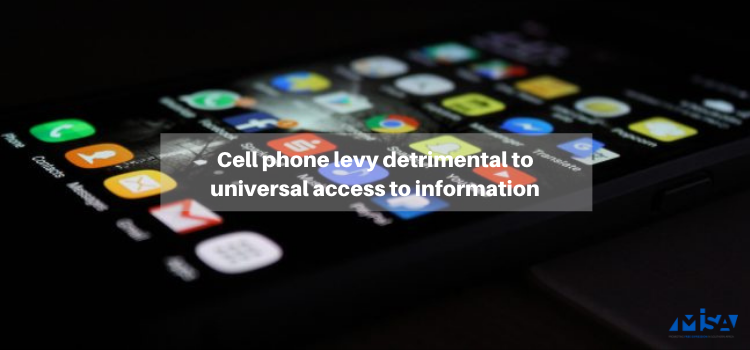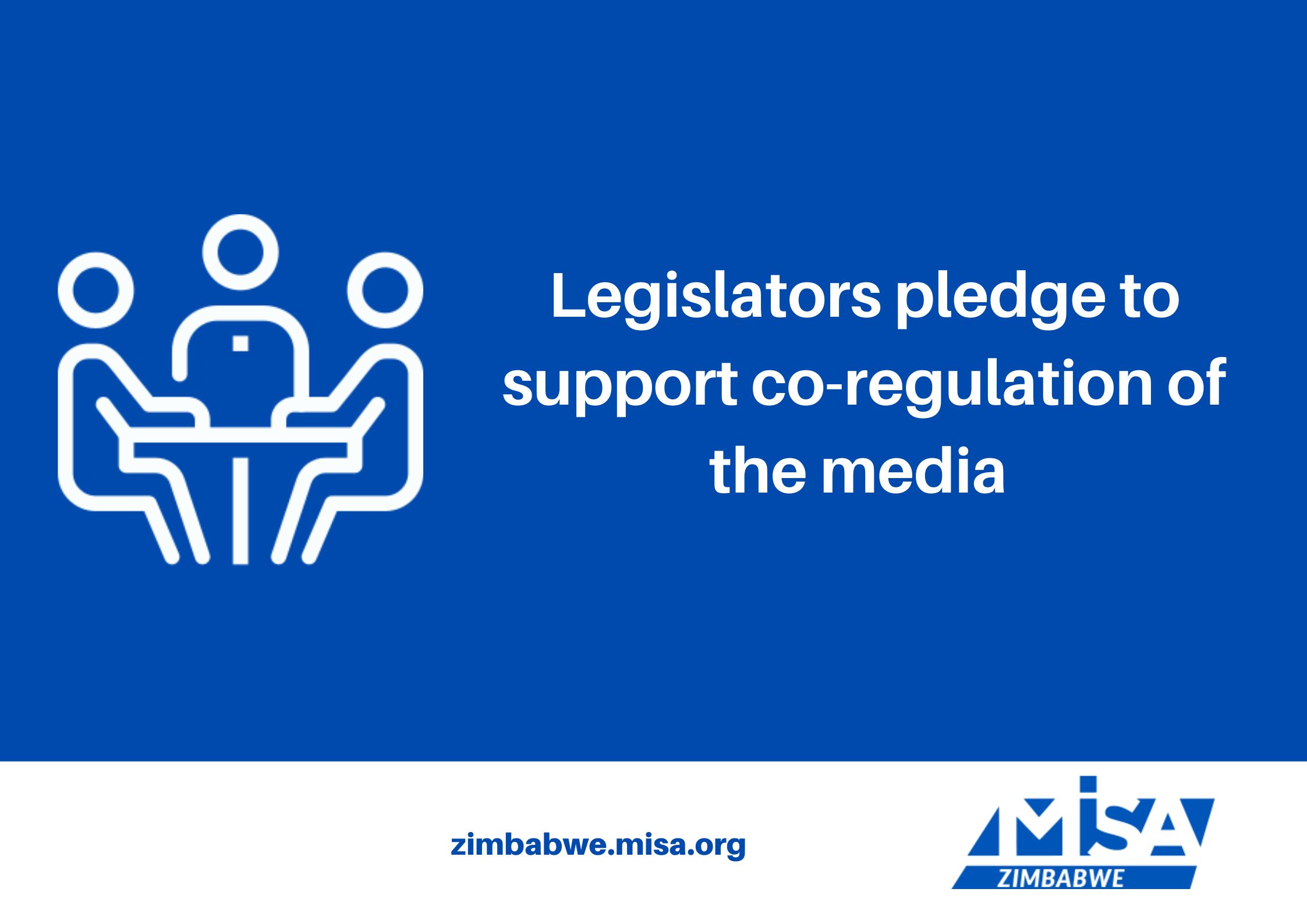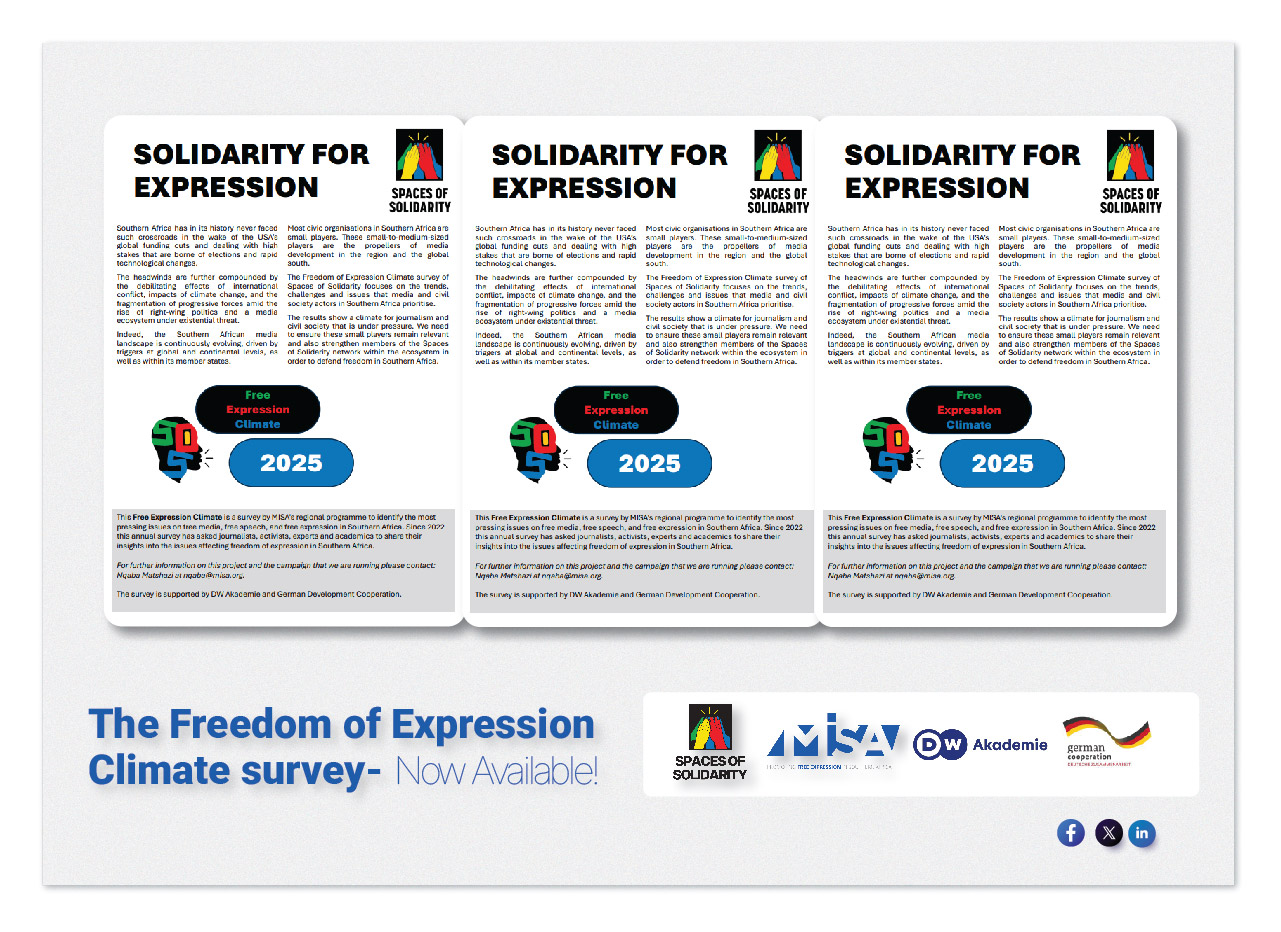MISA Zimbabwe supports the push by parliamentarians to scrap the US$50,00 levy on new cell phone handsets as this will impact negatively on internet access and citizens’ rights to information.
Minister of Finance and Economic Development, Professor Mthuli Ncube, proposed the US$50,00 duty when he presented his budget in Parliament recently.
However, parliamentarians and analysts attending a post-budget seminar said the duty should be scrapped. They argued, among other issues, that this would discourage the use of ICTs and the promotion of e-learning in remote areas.
MISA Zimbabwe urges the Ministry of Finance to instead work closely with the Ministry of Information Communication Technology, Postal and Courier Services, and other key stakeholders, to increase uptake in the usage of ICTs as opposed to imposing taxes and levies that widen the digital divide.
According to the Alliance for Affordable Internet Device Pricing Review[1] in Sub-Saharan Africa, the average price of a smartphone is 45% of the average monthly income of ordinary citizens.
In that regard, while ownership of smartphones is one of the four pillars of meaningful connectivity, the high cost of these devices is the reason why some people do not use the internet which the African Declaration on Internet Rights and Freedoms has declared a fundamental human right.
The importance of internet access and use in this digital age cannot be over-emphasised as has been experienced in the wake of the COVID-19 pandemic.
Internet access has been accepted and stressed the world over as a human right through international frameworks and standards, resolutions, general comments and conventions by regional and international bodies.
In Zimbabwe specifically, this has been demonstrated, for example, through the establishment of the Universal Services Fund and the setting up of community information centres to provide telecommunication services and information to rural and marginalised communities.
However, barriers to internet access still exist at a time when the telecommunications industry is heavily taxed while the cost of devices, particularly smartphones, laptops and computers, including mobile data tariffs, is still exorbitant.
Recently, on 30 November 2021, NetOne reviewed its prices, with 10 gigabytes costing ZWL 4,500,00 while 80 gigabytes costing ZWL 12,500.00. This is despite numerous calls for telecommunications industry players to be guided by their public interest role.
As a result, internet freedoms and or digital rights which should be enjoyed equally, remain a luxury for ordinary citizens and the majority of Zimbabweans. The digital divide between low-income earners and high-income earners thus continues to widen.
MISA Zimbabwe urges the government, Parliament and the Postal and Telecommunications Regulatory Authority of Zimbabwe (POTRAZ), to ensure that universal access to technology and the internet becomes a reality.
The principles pertaining to internet access and affordability, democratic multi-stakeholder internet governance, the openness of the internet, among others, are clearly laid out in the African Declaration on Internet Rights and Freedoms.
[1]https://a4ai.org/research/device-pricing-2021/













